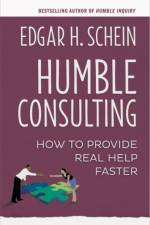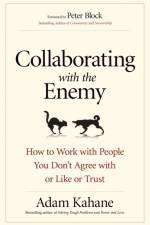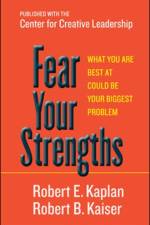av Terrence E. Deal
295
Celebrations infuse life with passion and purpose. They summon the human spirit, reattach us to our roots, and help us soar toward new visions. Celebrations touch our hearts and fire our imaginations, bonding people together and connecting us to shared myths and values. Corporate Celebration shows how the ceremony and ritual of celebration can be brought to the workplace to restore company spirit, reinvigorate employee morale, build commitment and loyalty, improve quality and financial performance, and instill work with meaning and joy. This practical guide provides advice on the what, why, and how of corporate celebration. The authors first distill what we know about the role that ritual and ceremony play in human organizations, then offer examples from multiple sectors and companies. They show how ceremonies can be used to build relationships, relieve tension, level the hierarchy, create excitement, transform losses into gains, and provide access to life's deeper lessons. In the second part, they examine a wide variety of situations where ritual and ceremony play a vital role-including recognition, triumphs, tragedies, transitions, product launches, and community outreach efforts. They detail the psychological benefits of seven types of celebrations: cyclical celebrations, recognition ceremonies, celebrations of triumph, rituals of comfort and letting go, succession rites, altruistic celebration, and play. In the third part, they observe the makings, motions, and roles of key players, drawing practical wisdom from executives, managers, and employees who have participated in successful corporate rituals and celebrations. Acknowledging the potential downside of contrived or meaningless symbolic activity, they show how intended perks can become actual perils. Finally, they provide clear guidelines for the design of meaningful, top-flight celebrations, which arise from shared vision and values, recognize individuals as heroes and heroines, and authentically reflect the corporate spirit. In a time when many organizations are suffering from eroded cultural values due to restructuring, reengineering, and downsizing, Corporate Celebration offers a refreshing approach to creating community in the workplace and revitalizing business










